Apple's "batterygate" lawsuit cost $500 million
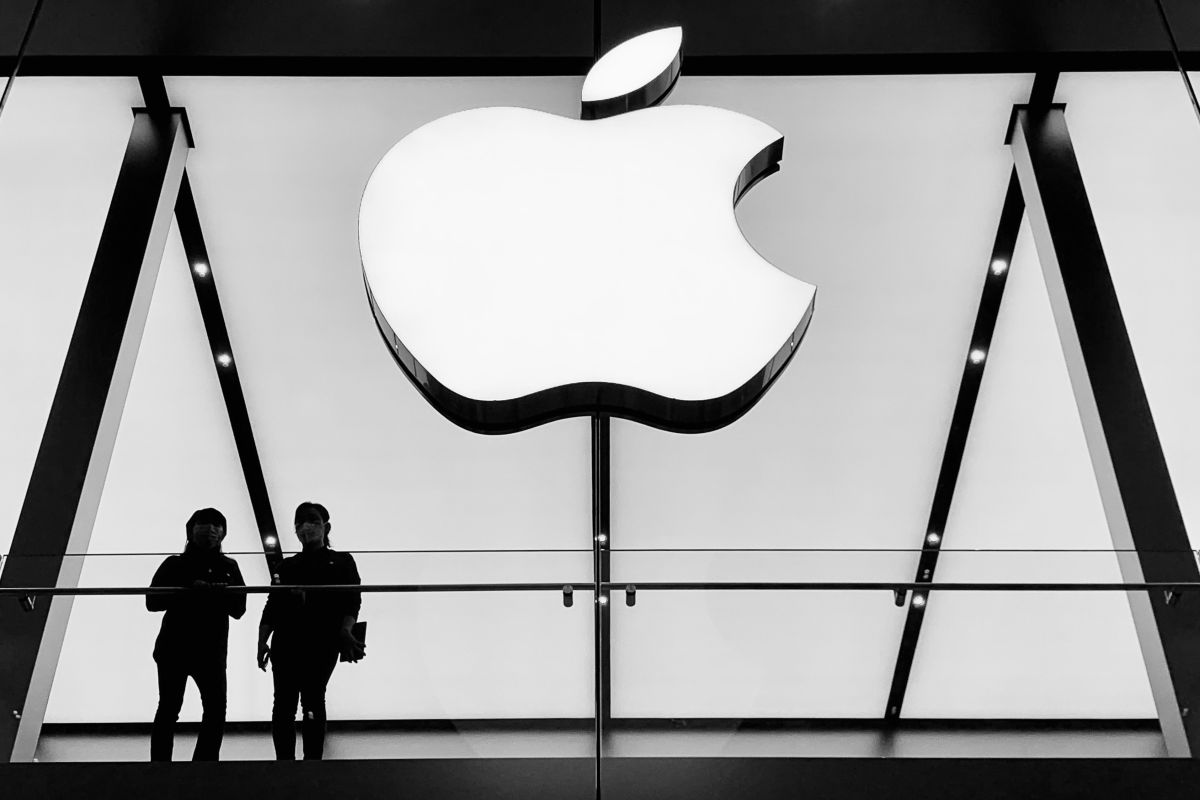
The Batterygate saga's initial lawsuit is about to wrap up. According to the latest reports, Apple will begin payments soon, and the total amount is $500 million.
In the complaint, Apple was charged with engaging in "one of the largest consumer frauds in history" by allegedly reducing the performance of the iPhone when the internal lithium-ion batteries wore down, said 9to5Mac.
At the time, Apple was compelled to publicly apologize, provide customers with cheap battery replacements, and give consumers the option of using the function or not. Since then, the company has also released updated functionality for iOS aimed at reducing the gradual decline of battery health.
This makes it possible to reimburse impacted owners of covered iPhone 6, 6 Plus, 6S, 6S Plus, 7, 7 Plus, or first-generation iPhone SE handsets millions of dollars. Depending on how many people filed claims, Apple would have to pay a minimum of $310 million and a maximum of $500 million under the conditions of the settlement.
Cotchett, Pitre & McCarthy, one of the law firms defending Apple consumers in the lawsuit, called it "the largest all-cash recovery in a computer intrusion case in history."
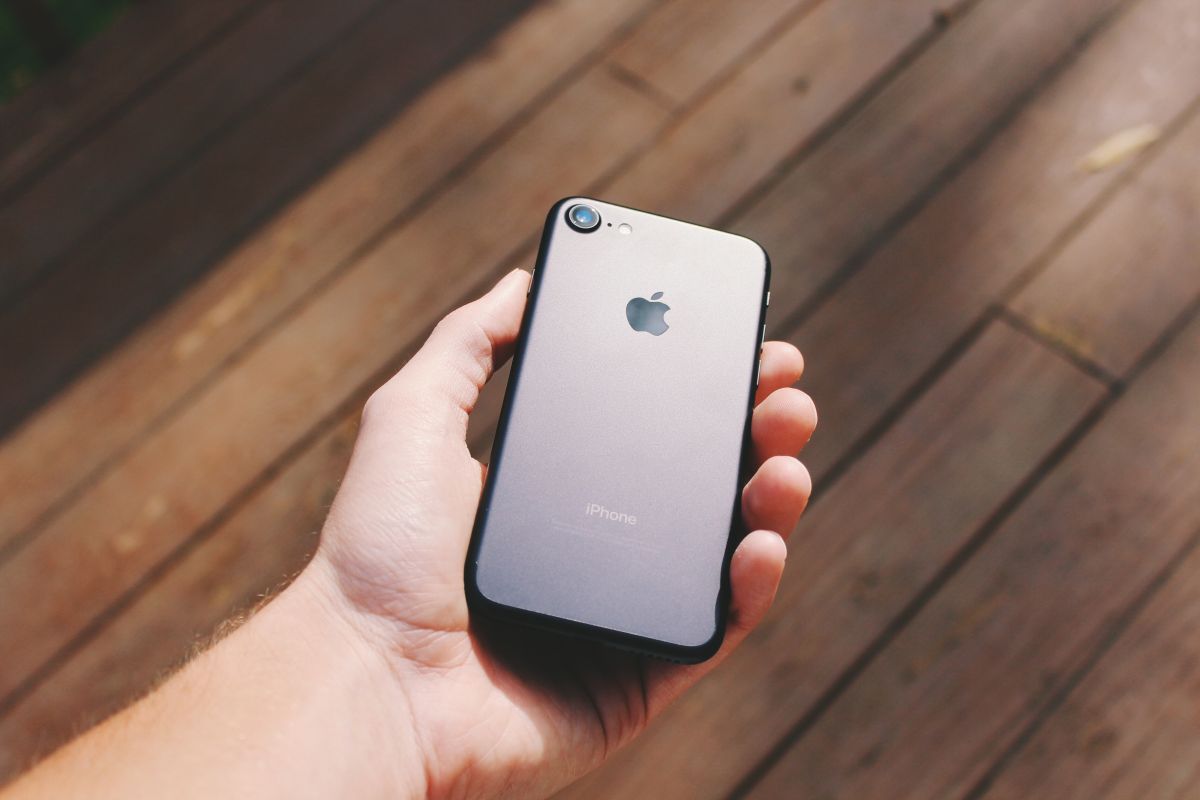
How to claim your money
Unfortunately, it's too late for you to participate in the case by submitting a claim. It had to be done by October 6, 2020. It's true that it has taken this long for the matter to be resolved and payments to start. If you had an iPhone 6, iPhone 6 Plus, iPhone 6s, iPhone 6s Plus, iPhone 7, iPhone 7 Plus, or iPhone SE, you could have made a claim to get your share.
What to do if your iPhone unable to check for updates?
If you were one among the roughly 3 million users who submitted and were accepted, you should anticipate receiving a payout of about $65. More information can be found on this page.
Advertisement




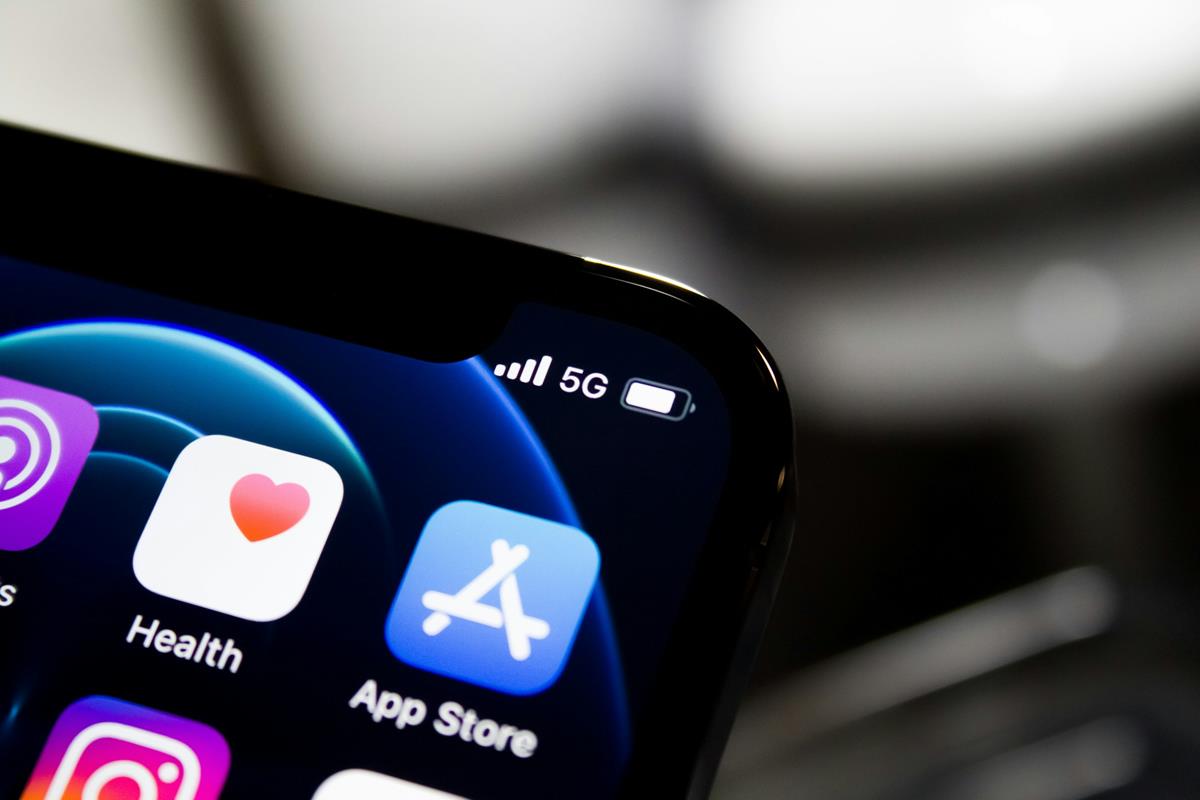
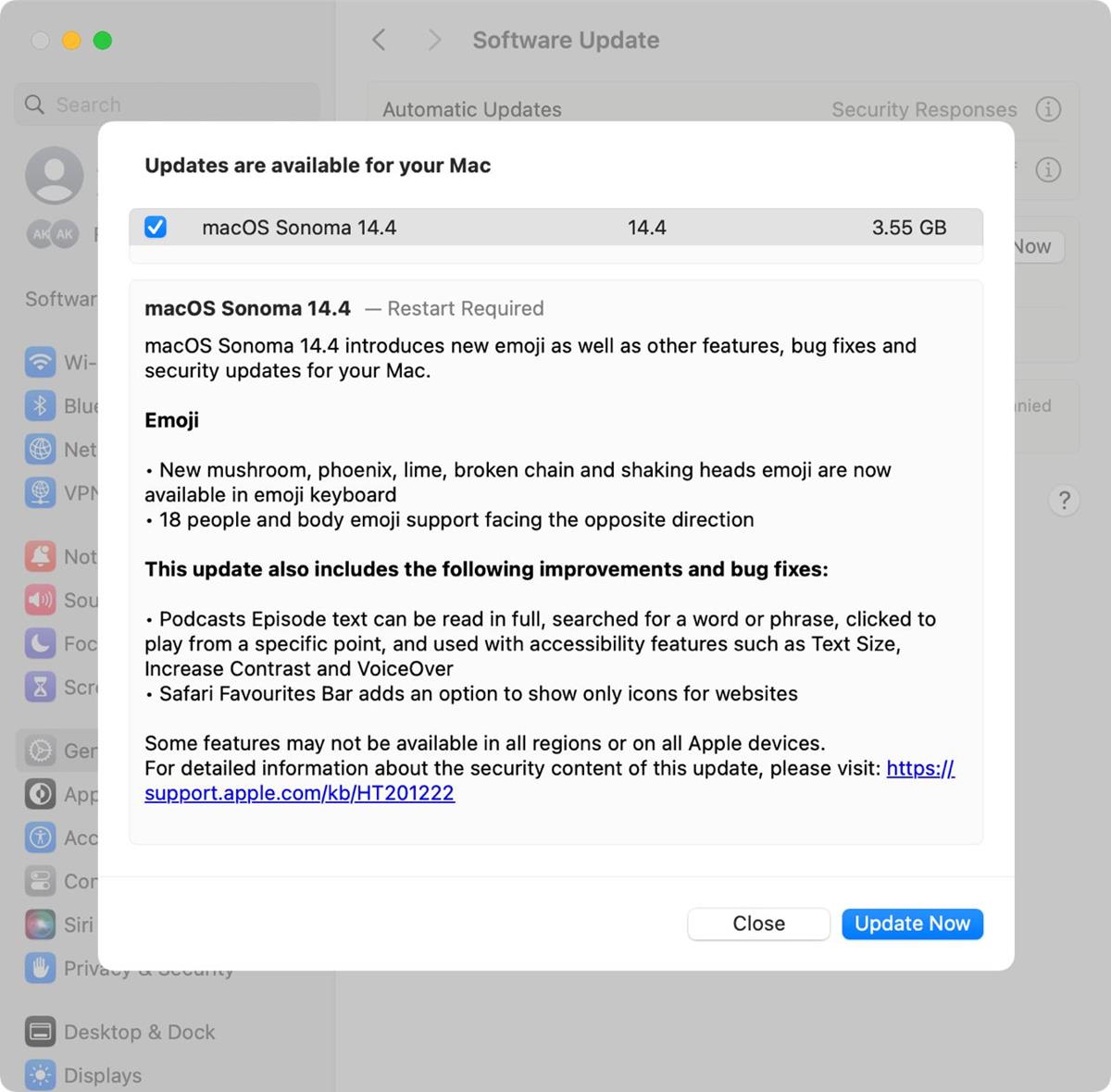


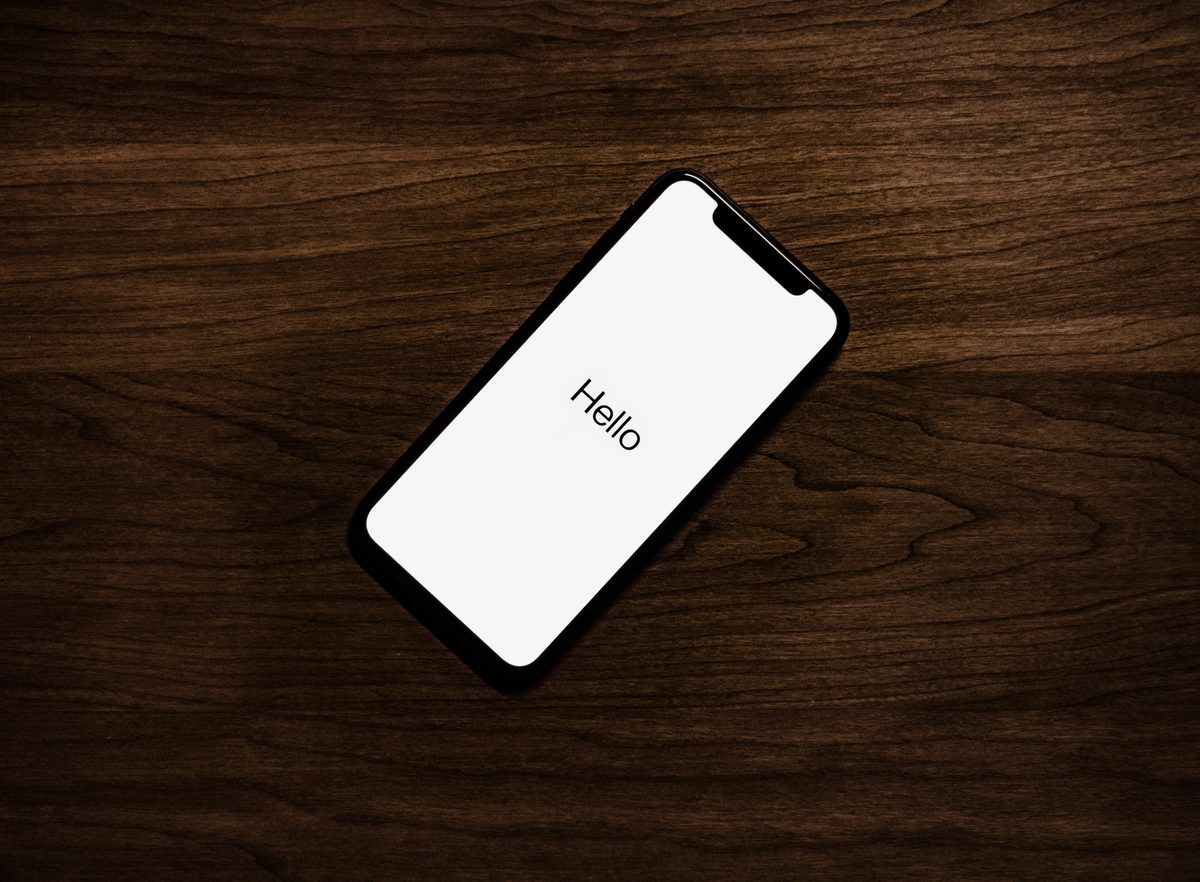
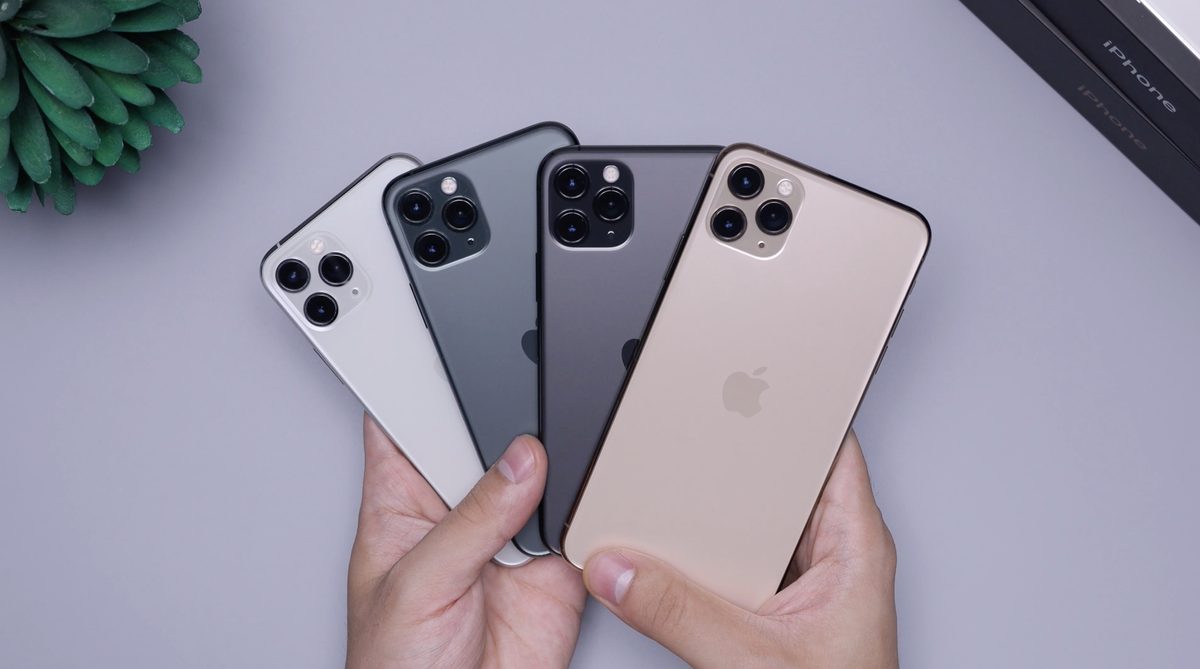









Always try to sue any of the GAFAM companies : if you don’t know why, they do.
I still think it’s wrong to sue Apple for this. They just wanted their customers to have working phones that last as long as they used to last. Most people wouldn’t have had an issue with having like 30% less performance, it’s not like everybody is a gamer.
Agree! Ding the company when they do bad things – but there is a lot of nuance here. They know, realistically people (especially the type of individuals who have iphones) will not be changing batteries (considering how they didn’t change PHONE!), so this kind of passive process would have made a positive difference for typical stuff, but maybe high-intensity activities would have suffered slowdown (how many iphone 6 users do high intensity tasks on their phones?).
There should have been some blog announcement somewhere about this, to give a sliver of transparency (news-type people could have reported on it, everyone’s happy then). But this is not an evil Apple action 100%.